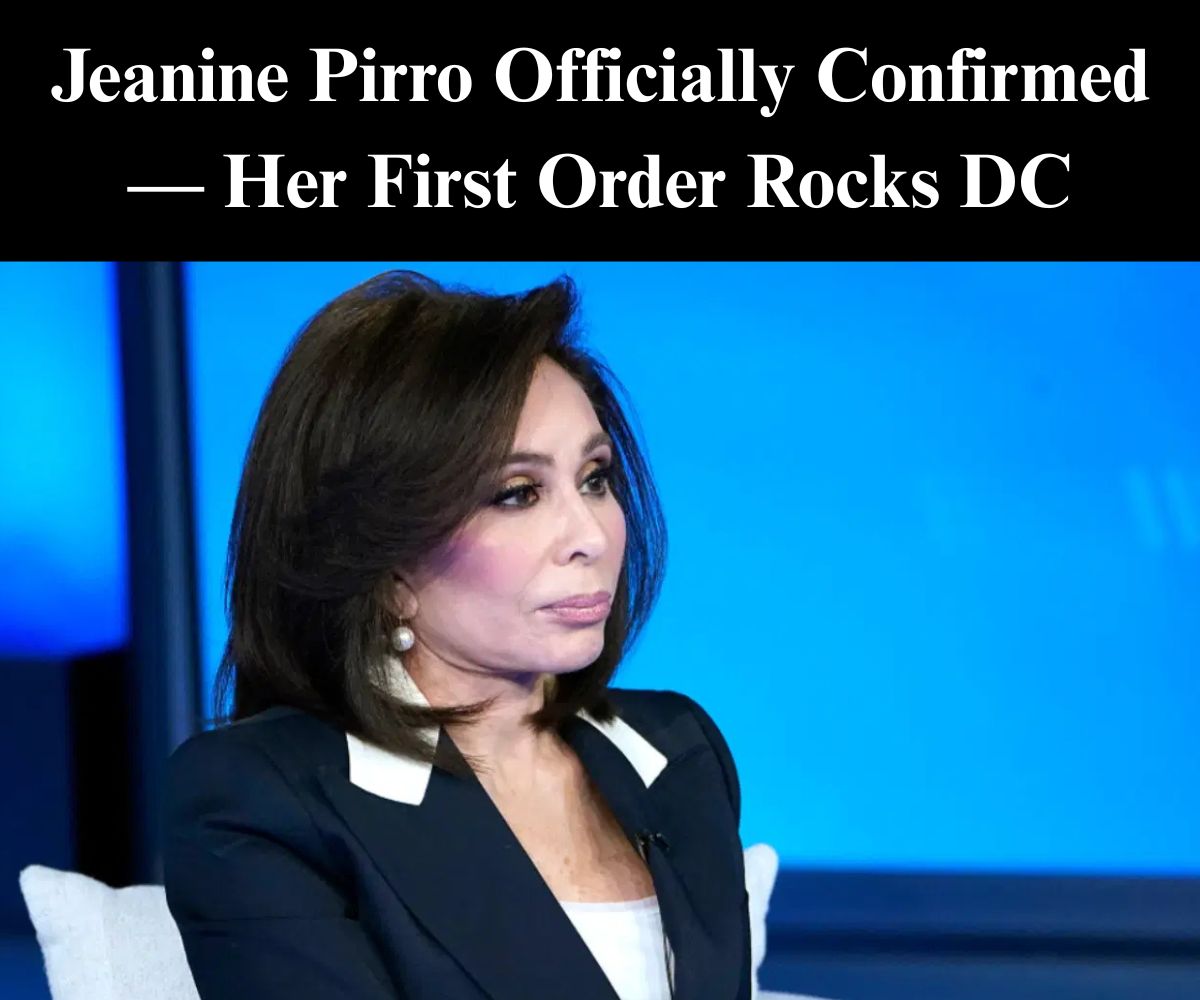The Justice Department’s Civil Rights Division has officially ended a decades-old court-imposed decree, originally implemented under the Carter administration, that restricted federal hiring practices based on now-outdated diversity, equity, and inclusion (DEI) frameworks deemed flawed by current officials.
In Luevano v. Ezell, the court dismissed a longstanding consent decree stemming from a 1979 lawsuit filed by interest groups representing federal employees. The decree, established in 1981, had imposed strict oversight on the Office of Personnel Management (OPM), mandating burdensome review and approval processes for any employment tests used across federal agencies.
Its primary aim was to enforce equal testing outcomes across racial groups, effectively requiring federal agencies to obtain prior approval before implementing any standardized assessments.
In her first statement since being confirmed by the Senate as U.S. attorney for the District of Columbia, Jeanine Pirro said of the DOJ change on Friday: “It’s simple, competence and merit are the standards by which we should all be judged; nothing more and nothing less.”
She added, quoting 1960s-era civil rights icon Martin Luther King Jr.: “It’s about time people are judged, not by their identity, but instead ‘by the content of their character.”
Assistant Attorney General Harmeet K. Dhillon of the Civil Rights Division also issued a short statement regarding the change.
“For over four decades, this decree has hampered the federal government from hiring the top talent of our nation,” she said. “Today, the Justice Department removed that barrier and reopened federal employment opportunities based on merit—not race.”
The Senate on Saturday confirmed Pirro as part of a limited batch of confirmations after lawmakers failed to reach a broader deal on advancing dozens of the president’s outstanding picks.
Pirro, a former New York judge, prosecutor, and Fox News host, was among over 150 nominees awaiting confirmation votes. While Senate Republicans had hoped to overcome Democratic resistance and push through a larger slate over the weekend, last-minute negotiations collapsed.
In the end, lawmakers confirmed just seven nominees before adjourning until September.
Pirro was confirmed by a 50-45 vote for a role she has held on an interim basis since May, Fox News reported.
Before her appointment, Pirro spent more than a decade as the District Attorney of Westchester County, New York. She also served as a judge in Westchester County during the early 1990s.
“Jeanine is incredibly well-qualified for this position, and is considered one of the Top District Attorneys in the History of the State of New York,” Trump said when he nominated Pirro. “She is in a class by herself.”
She was not Trump’s initial nominee for the post. His first choice, Ed Martin, failed to secure enough Republican support earlier this year. Retiring Sen. Thom Tillis (R-N.C.) effectively sank Martin’s nomination due to concerns over his stance on the January 6, 2021, Capitol riot.
Senate Democrats criticized Pirro for promoting Trump’s 2020 election fraud claims and defending him in the aftermath of the January 6 Capitol riot during her tenure as a Fox News host.
They warned that, as Washington D.C.’s top prosecutor, she would act in lockstep with the president’s agenda, but that is no different than U.S. attorneys serving under Democratic presidents.
During a Senate Judiciary Committee hearing last month, Democrats staged a walkout in protest of both Pirro and U.S. District Judge Emil Bove, who was narrowly confirmed earlier this week by a 50–49 vote. Pirro was later advanced from the committee on a party-line vote.
Regarding Trump’s 2020 election fraud claims, Director of National Intelligence Tulsi Gabbard strongly hinted last week that she had found evidence that could finally vindicate the president.
In an interview with conservative influencer Benny Johnson, she confirmed that the 2020 election was compromised and that federal officials were aware of the vulnerabilities.
